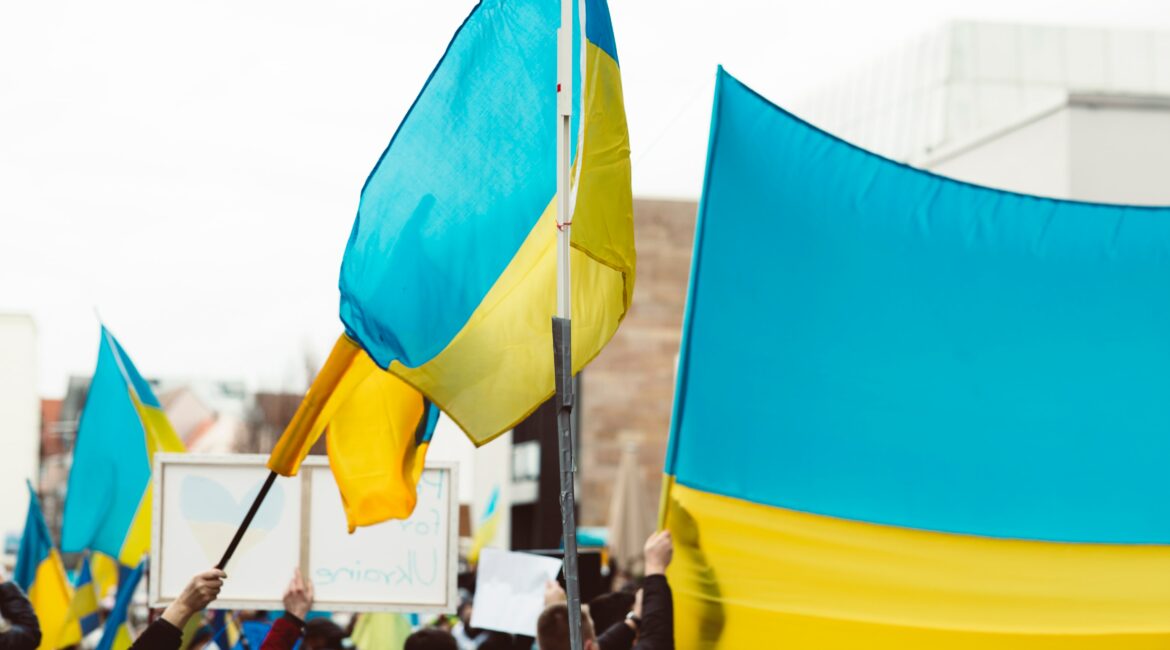It is no exaggeration to say that Syria will be among the most affected by the Russian attack on Ukraine and its military and political consequences.
In recent years, there was a permanent link between the Syrian file and other crises, such as Libya and Nagorno-Karabakh, as the "players" were the same, especially Turkey and Russia. The two countries often exchanged blows on one front to deliver “messages” on another front to achieve geopolitical bargains. But the most obvious military link is between Ukraine and Syria, and here are some reasons:
1. After former Ukrainian President Viktor Yanukovych fled to Russia in February 2014, Russian President Vladimir Putin responded to the “orange revolution” by annexing Crimea in March of the same year. Moscow also asked Damascus to be tough on the peace process in Geneva, which was taking place under the auspices of the United Nations, and not to be flexible in the face of the demands of the “spring revolution” in Syria.
2. After Moscow objected to Western intervention in Iraq and Libya, and at the secret request of Assad’s envoy to the Kremlin and other requests from Tehran in 2015, President Putin decided to engage in military action in Syria in September 2015 "to stop the Syrian forces’ setbacks and prevent regime change.” In return, Russia obtained great military privileges, as the establishment of a permanent military base in Hmeimim in the Latakia countryside and a naval base in the port of Tartus.
3. The old Tsarist dream of Russia, namely its presence in the Mediterranean See was realized by converting the port of Tartus into a naval base and establishing a military base near the “NATO borders" in Turkey. The most prominent display of this “strategic achievement” was on the eve of the start of the attack on Ukraine, when the largest naval manoeuvres were held in the Mediterranean. In addition, before the manoeuvres, Russian Defence Minister Sergei Shoigu visited the Hmeimim base and met Bashar Al Assad, and this was a clear indication that Moscow had come to consider Syria as an "extension of its national security."
4. It was not a coincidence that Syrian Foreign Minister Faisal Miqdad was in Moscow on the day Putin recognized the "independence of the Donetsk and Luhansk republics", which Miqdad considered "in line with international law and the United Nations Charter". Later, Assad hailed the attack on Ukraine as a "correction of history" after the "dissolution of the Soviet Union."
5. Moscow considers the Hmeimim base, which includes the S-400 and S-300 missile systems, as a spearhead in the confrontation with NATO, which established a base in Incirlik, southern Turkey. Putin was able to attract to his side Turkish President Recep Tayyip Erdogan, who was disappointed with US policy and its support for the Kurds in eastern Syria. The most obvious example of this is that Ankara refused to close the Bosphorus passage to the passage of Russian military ships towards the southern coasts of Ukraine.
6.The effects of the Ukrainian war are not limited to the military and political dimension in Syria, but there are many economic effects, especially since Damascus relies heavily on food and oil support from Moscow to confront Western sanctions against it. In the coming days, Moscow is very busy with its hot file, so Damascus had no choice but to take a decision to "tighten its belts" in the face of the aggravation of economic and living crises.

